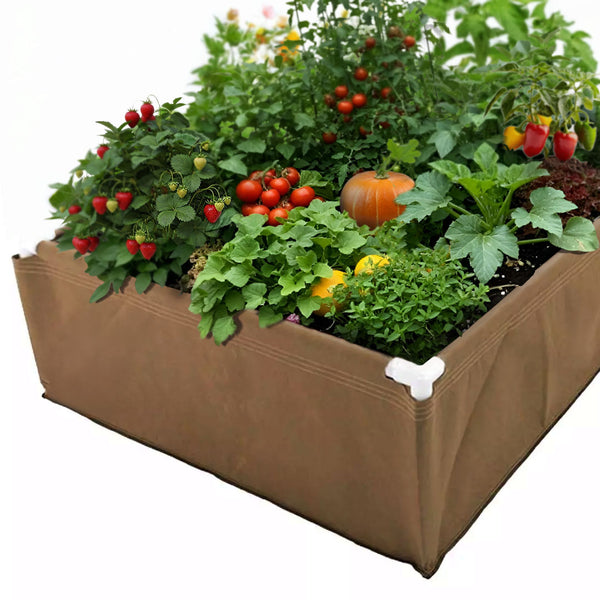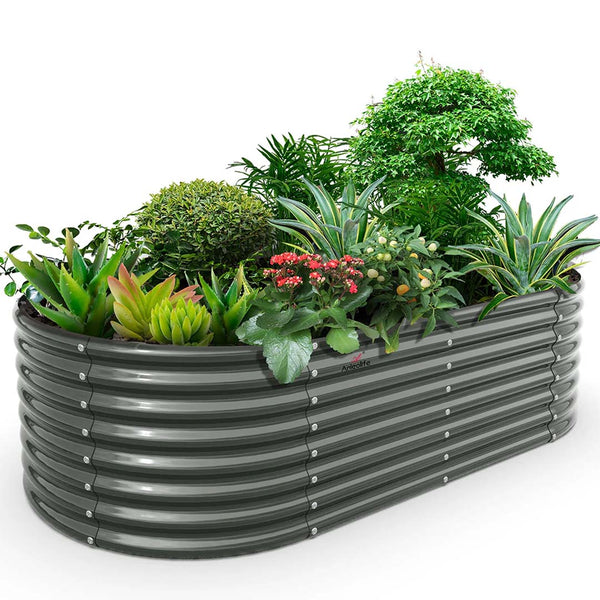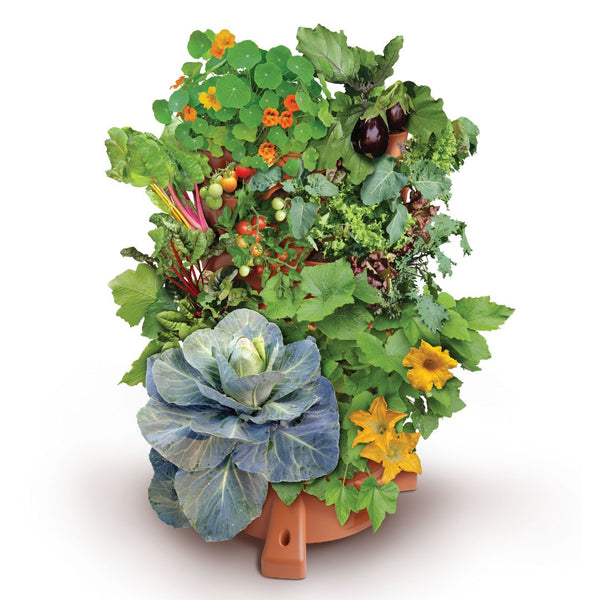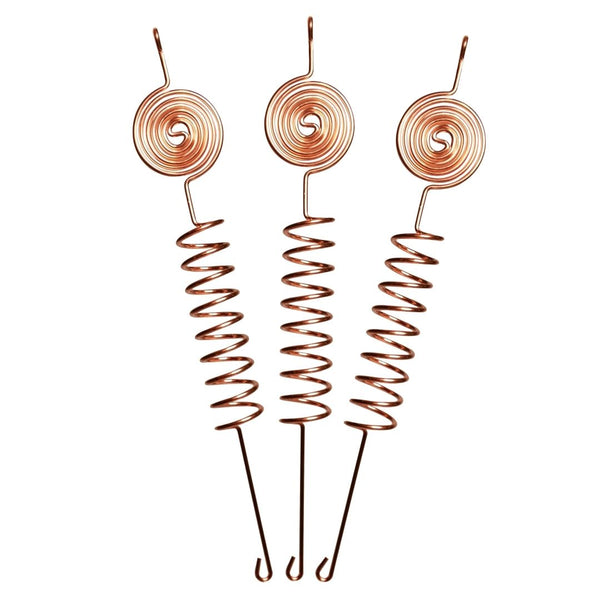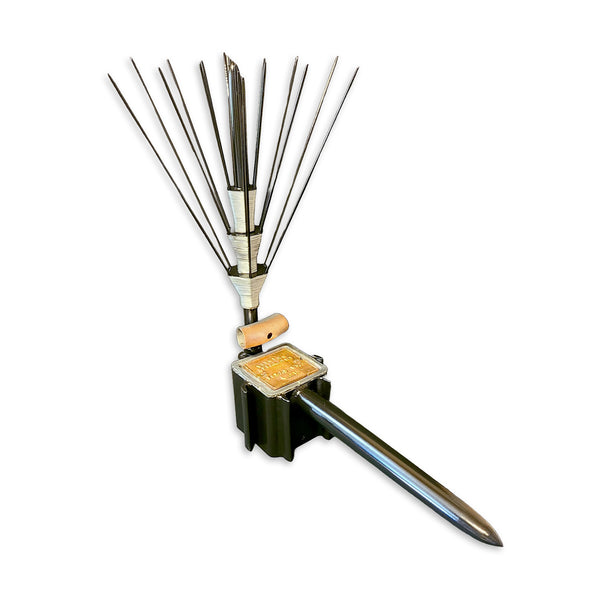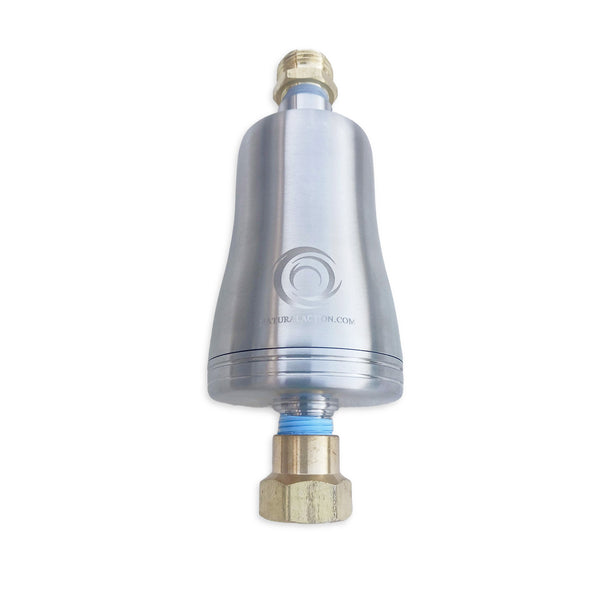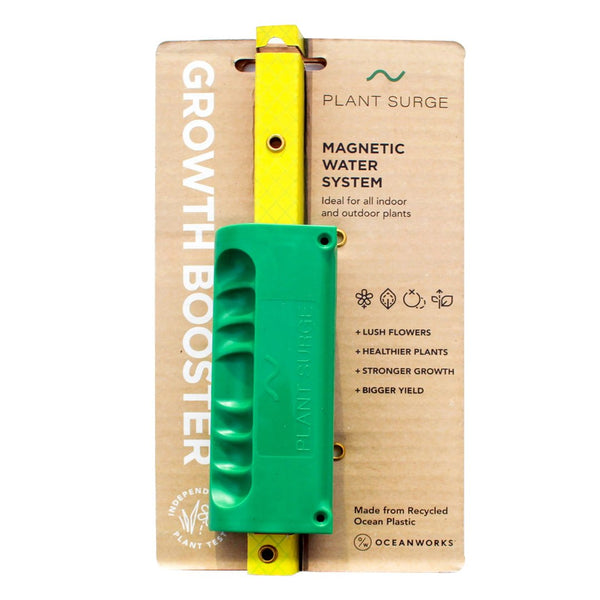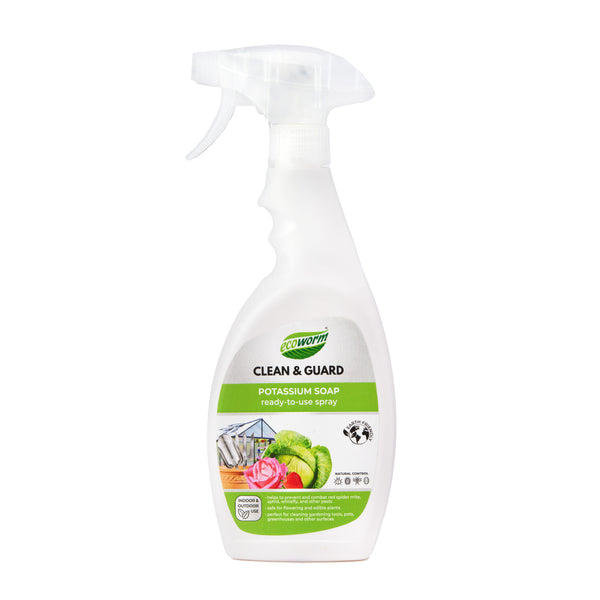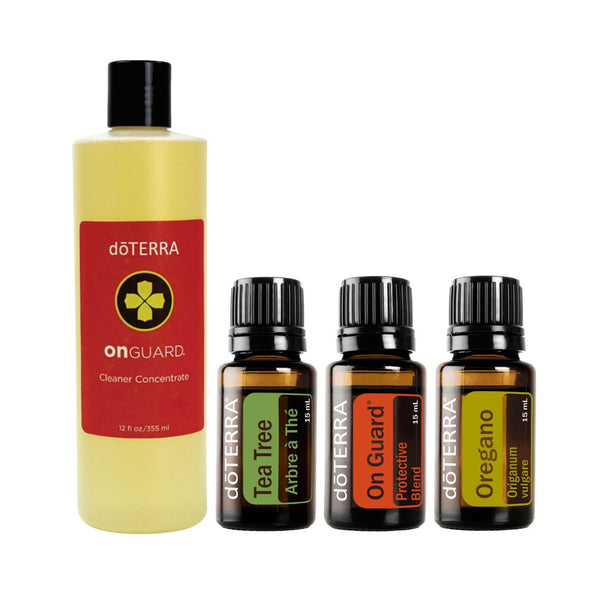Can Rice Husk Be Used As Fertilizer? The Truth About Its Slow-Release Nutrient Content

Introduction to Rice Hulls
Alright folks, before we jump into whether rice husks can cut it as fertilizer, let’s break down rice hulls and why they could be your garden’s new best friend.
Understanding Rice Hulls
So, rice hulls, also called rice husks, are those tough outer coats of rice grains. They’re kinda like nature’s armor for rice, making up about a fifth of the rice’s weight. They’re loaded with stuff like lignin, silica, and cellulose - which is just fancy talk for they're pretty darn sturdy.
Composition of Rice Hulls:
| What's Inside | How Much (%) |
|---|---|
| Cellulose | 30-35 |
| Lignin | 25-30 |
| Silica | 15-20 |
| Hemicellulose | 15-20 |
| Protein | 3-6 |
Rice hulls have loads of uses, but they especially shine in the garden as a soil booster. Tossing some rice hulls into your garden soil can work wonders for your plants’ growth and the dirt itself.
Soil's Best Buddy for Air and Drainage: These hulls are magic for improving how air and water flow through soil. Mix them into your raised garden beds, and they help keep the soil from getting too packed, allowing roots breathing room.
Full of Carbon Goodness: With loads of carbon, rice hulls are compost gold. They balance out nitrogen-heavy stuff in your compost pile, speeding things up. Peek at our tips for organic rice hulls.
Moisture Masters: One of rice hulls’ superpowers is keeping moisture around. This quality is fantastic for keeping your soil nicely hydrated. You can get more info in our rice hull soil section.
Eco-Friendly Wonder: Rice hulls are a recycler’s dream - turning what’s usually waste into gardening gold. Not only do they help your plants, but they also pitch in for the planet by cutting down on waste.
Rice hulls aren't just a one-trick pony; they also rock it in livestock bedding, clean water systems, and can even generate energy by turning into charcoal or biochar. To all our organic gardening fans out there, rice hulls are the versatile, green solution you’ve been dreaming of.
Bringing rice hulls into the mix could totally flip your gardening game on its head. They beef up soil health, boost root growth, and keep things damp without hurting the planet. Curious about where to snatch some up? Check out where to buy rice hulls.
Using Rice Hulls in Your Garden
Rice hulls are like the unsung heroes of gardening. These little guys can work wonders on your soil, improving everything from drainage to soil health. Let's break down why they're a must-have for every gardener's toolbox.
Giving Soil a Boost
Rice hulls pump up soil health in a big way by packing a punch of carbon. This is a game-changer for composting, helping the soil hang onto water and nutrients like its life depends on it (ECHO Community).

Throwing rice hulls into your garden mix sets the stage for soil that’s jam-packed with nutrients, ready to make your plants and veggies thrive. If you're the sciencey type, turning rice hulls into biochar through pyrolysis turns them into super charged soil enhancers. Works great with other fertilizing goodies to whip up fertile soil (ECHO Community).
Why are rice hulls such a big deal for your dirt? Check these out:
- Keeps Water in Check: They’re like little sponges, keeping the soil nice and moist so your plants stay healthy.
- Holds Onto Nutrients: Keeps nutrients from pulling a disappearing act, making sure your greenery always has enough fuel.
- Microbe Magic: Boosts microbes that keep soil rocking and plants happy.
- Purifier: Biochar made from husks can kick out pesky soil nasties like heavy metals.
Better Drainage and Airflow
Rice hulls also jazz up drainage and airflow in your garden’s soil. Thanks to their hollow nature, they make sure roots have room to breathe and grow.
Mix rice hulls with your potting soil to create a perfect atmosphere for young roots to stretch and seedlings to sprout. Think of them as a leaner, meaner option compared to pricey materials like perlite - they give your soil a boost without emptying your wallet (ECHO Community).
Here's why rice hulls work great for drainage and aeration:
- Keeps Soil Loose: Prevents it from getting all packed down, giving roots plenty of breathing space.
- Smart Nutrient Absorption: That big surface area holds nutrients like nobody’s business.
- Drains Quickly: Waterlogged roots are bad news, and hulls let water slide right through.
- Earth-Friendly: Good for the planet since they’re just a byproduct of rice, recycling at its best.
| Rice Hull Benefits | What They Do |
|---|---|
| Holds Water | Keeps soil from drying out too fast |
| Nutrient Holding | Ensures nutrients stick around in the soil |
| Supports Microbes | Encourages beneficial microbes to thrive |
| Cleanses Soil | Clears out contaminants |
| Better Structure | Stops compaction and promotes breathing |
| Quick Drainage | Keeps roots from drowning |
Curious about adding rice hulls to your planting routine? Check out our article on using rice hulls in gardening.
Get down and dirty in the garden with the help of rice hulls. Whether you're a city grower or countryside farmer, these humble hulls can kick your plants into high gear. Find where to snag bulk rice hulls or organic rice hulls and amass your garden treasure trove today.
Diverse Uses for Rice Hulls
Rice hulls are the unsung heroes in many fields beyond gardening, stepping up in industries with creative and eco-friendly uses. Let's dig into how they're transforming livestock bedding and feed, as well as influencing construction and insulation.
Cozy Homes for Animals: Bedding and Feed
For critters like hogs and chickens, rice hulls make top-notch bedding. Their structure gives superb drainage and breathing room, making life cushier for the animals while keeping the stinky stuff at bay. The folks at ECHO Community back this up!
| Livestock Pal | Awesome Perks |
|---|---|
| Hogs | Great drainage, less smell |
| Chickens | Comfy living, cozy temperature |
And if we're talking chow time, rice hulls bring it too. While they’re not exactly the steak and potatoes of the feed world, they’re an excellent filler and can spark up the appetites of cows and pigs, according to ECHO Community.
Building Blocks: Insulation and Construction
Over in construction, rice hulls are shaking things up. Stuff them into walls or roofs, or slam them into prefab panels, and you’ve got yourself a natural shield against noise and the summer sun (WasteX).
| Cool Use | Solid Perks |
|---|---|
| Walls/Roofs | Blocks heat and noise |
| Panels | Green material, no sweat to fit |
And there's more! Get this – rice husk ash and biochar can ditch some of that cement in concrete. This not only means using less energy to make cement but also gives concrete an extra oomph in some areas (WasteX).
So whether you have critters needing cozy digs or you're eyeing a green renovation, rice hulls are a fantastic ally. If you're curious about how rice hulls can give a boost to your garden, take a minute to peek at our guides on rice hulls for gardening and adding rice hulls to soil.
Environmental Sustainability with Rice Husks
Rice husks are an impressive resource for folks who appreciate eco-friendly living. These little wonders can boost your garden's fertility, fight erosion, and even contribute to cleaner energy alternatives. Let's take a closer peek at what they can do in the worlds of energy and environmental care.
Energy Production
Believe it or not, rice husks can keep the lights on and machines running! They transform into briquettes and pellets, stepping in for fossil fuels in boilers and furnaces. That means cozying up a factory, cooking up a storm, or even turning on the electric magic in a neighborhood (WasteX).
| Energy Product | What It Does | Why It's Good Stuff |
|---|---|---|
| Briquettes | Heat 'em up in Boilers & Furnaces | Cuts down on that fossil fuel thirst |
| Pellets | Great for Industrial Heating & Cook Offs | Burns nicely with less smoke |
| Biogas | Powers Electric Gadgets | Homegrown, earth-friendly energy |
Rice husks also moonlight as bioethanol and biodiesel creators. Think about the possibilities—powering your ride while giving fossil fuels the boot. For the homesteaders out there dreaming of self-reliance, tapping into the juicy energy potential of rice husks could change the game.
Water Filtration and Soil Remediation
Enter rice husk biochar (RHB), a superstar born from pyrolysis. Sprinkle some into the soil, and it works magic—trapping water, holding onto nutrients, and breathing life into the ground(WasteX).
| Magic Power | Why It Matters |
|---|---|
| Water Clinger | Keeps dirt from drying out |
| Nutrient Hugger | Feeds the plants just right |
| Breather | Helps roots grow big and strong |
| Microbe Host | Grows good soil guys |
Need to clean up pesky pollutants? This biochar's got your back, lifting out toxins to keep both nature and nose-breathing humans happy. For the dirt scoop on using husks to garden greener, dive into our rice hull soil section.
Plus, rice husks make a killer filtration medium for water cleaning projects. With their spongy texture and silica flair, they draw in nasties like heavy metals and mystery chemicals (WasteX). Turn those husks into carbonized warriors, and they're ready to tackle years of DIY filter fun.
Tapping into the leaf-green potential of rice husks empowers gardeners to nurture the planet. From their energy offerings to upgrades in soil and water, rice husks are as versatile as they are eco-friendly. Have a look at our rice husks for soil segment for more brain food.
Innovative Uses of Rice Husks
Hydroponics Medium
Ever heard of rice husks as the unsung heroes of hydroponics? Right off the bat, rice husks shake things up with their knack for keeping plants happy. Their airy nature is a thumbs-up for good drainage and letting roots breathe freely. Plus, these bad boys soak up nutrients like a sponge, turning them into a plant buffet worth bragging about (WasteX).
Why Rice Husks Rock in Hydroponics:
- Top-notch at draining and letting air flow
- Light as a feather, so no soggy plant feet
- Snack-time ready, thanks to a big surface area for soaking up nutrients
- Give Mother Earth a hug—biodegradable and green
If you're game for trying out a planet-friendly hydroponic option, rice husks might just be your new BFF. Dig deeper into our tales about rice hulls for plants and organic rice husk for the full scoop.
Water Purification Systems
Rice husks have got more tricks up their sleeve! Sprinkle a little magic into water purification with these eco-warriors. Packed with silica and a knack for soaking up gunk, they’re no slouches at filtering out nasties like heavy metals and mysterious pollutants. Turn rice husks into char, and boom—their power goes up a notch, making them perfect for DIY water fixes, especially where resources are tight (WasteX).
What Makes Rice Husks Great for Water Cleanup:
- So much space for grabbing pollutants
- Tackle heavy metals and the sneaky organics
- Easy on the wallet and the environment
- Perfect for a DIY purification project when you're out in the sticks
| Feature | Raw Rice Husks | Carbonized Rice Husks |
|---|---|---|
| Surface Area (m²/g) | 25-100 | 200-500 |
| Adsorption Skills | Okay-ish | Through the roof |
| Cost | Budget-friendly | Budget-friendly |
| Eco-footprint | Sky-high | Sky-high |
Rice husks for water filtration save pennies and the planet. Dive into other crafty rice husk uses in our articles on rice husk for plants, benefits of rice husk, and rice hull soil.








